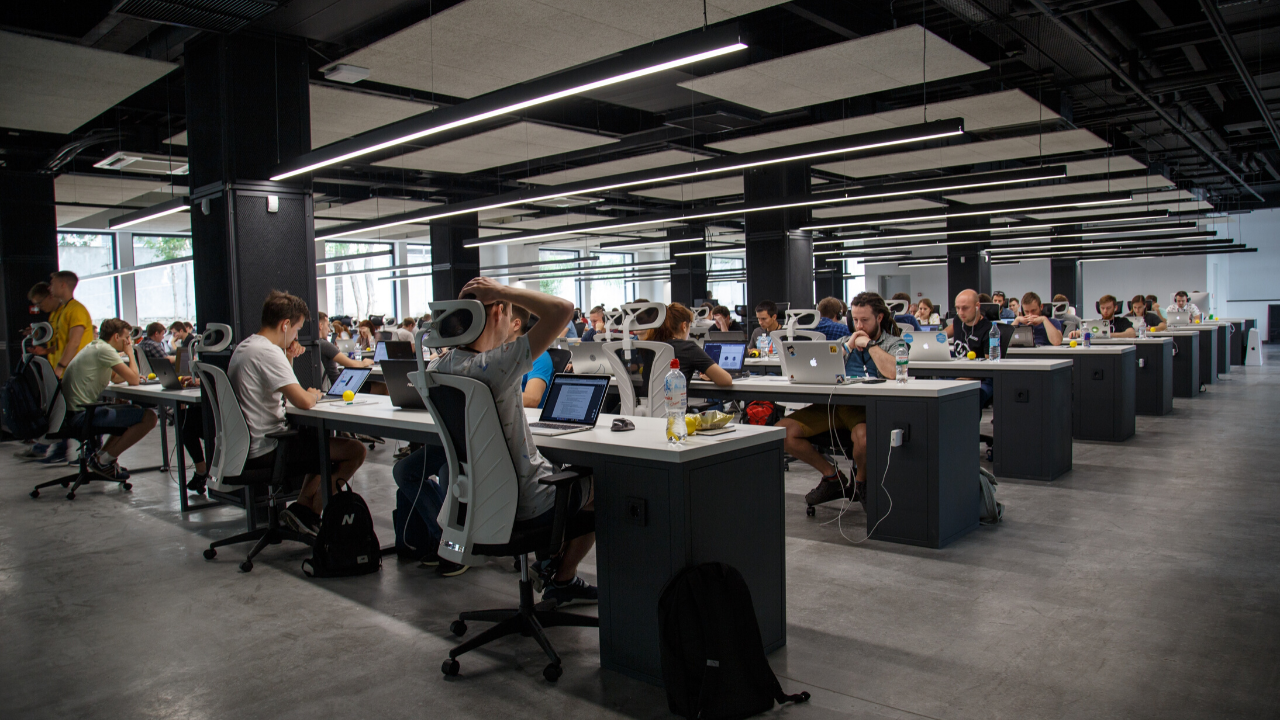Despite some uncertainty about the future of coworking in the face of an inevitable economic downturn and WeWork’s failed IPO, it appears that the office sector is looking bright.
Now, investors expect that flexible or coworking square footage to grow to around 10 to 20% of total leased space by 2030 from the current 2% allocation today.
“I would say coworking has been the fastest growing segment within office demand over the past five years, and it caught many office landlords by surprise,” said Tim Wang, managing director and head of research at Clarion Partners.
Moving forward, operators will start treating office-space leasing as a commodity as seen with IWG, who has started offering its Regus and Spaces brands as franchise opportunities in Hong Kong and Japan.
Furthermore, more corporates have started adopting flexible offices thanks to their numerous benefits, making it no longer an option only geared towards freelancers and startups.
Additionally, traditional agreements between operators and landlords have started moving towards partnership models that help alleviate risk and boost rewards for both parties.
Despite a promising future, the industry has yet to be tested during a recession, which has raised the concern that a drop in revenue from tenants who can end their leases at any point could leave operators unable to afford payments to building owners. This is why several landlords have avoided leasing too much space to shared offices.















